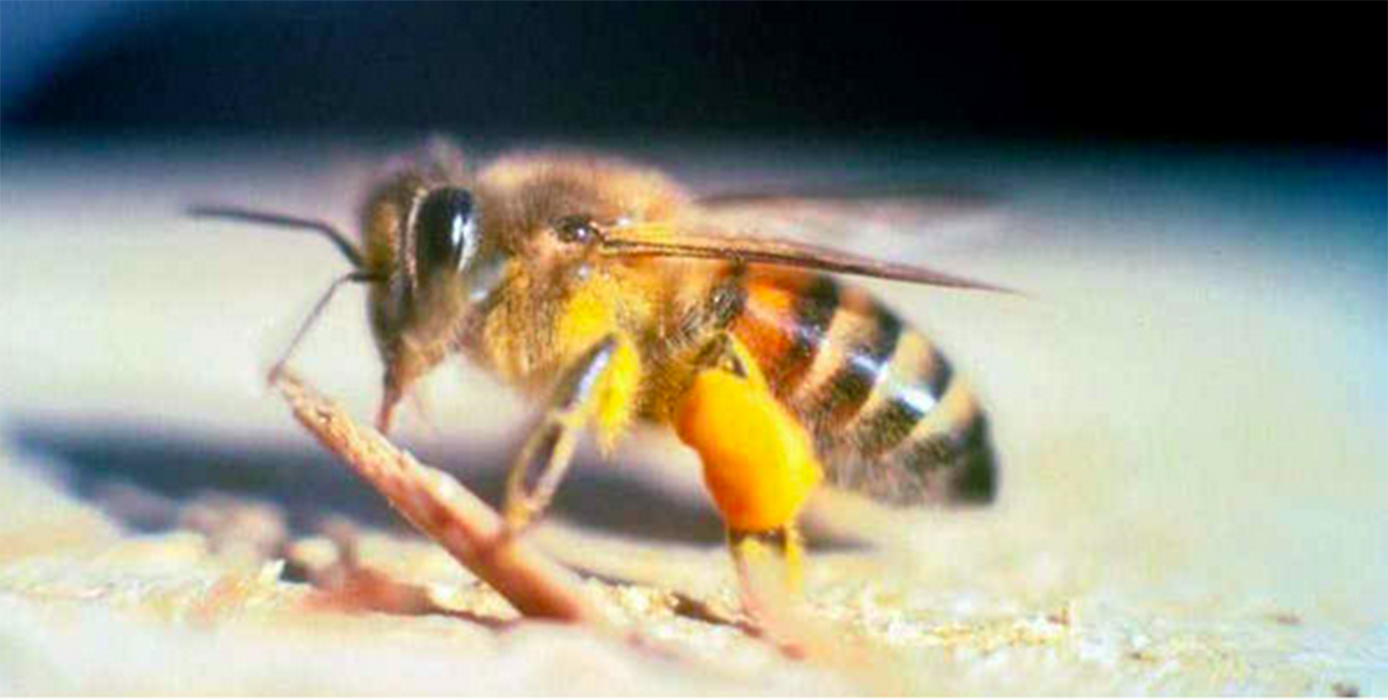SAN FRANCISCO—UC San Diego researchers have discovered an Africanized breed of honeybees in Reliez Valley near Briones Regional Park. Researchers have been tracking their movement throughout California, through the Mariposa County in the Central Valley. The bees have been known to be attracted to warmer climates, which explains why they have migrated into the Bay Area recently.
UC San Diego researcher and professor of biology, Joshua Kohn, stated that there is likely more than one colony that has migrated into the Bay Area. Kohn stated in an interview, that the Africanized honeybee is a hybrid of the European and African bee.
Kohn identified the Africanized honeybee’s threat to humans is low when left unthreatened. Kohn distinguished the main difference between the Africanized honeybee versus the more commonly known European honeybee varies when their hives are threatened or disturbed. Kohn mentioned that the Africanized honeybees have higher levels of aggression when disturbed. Their venom and patterns of pollinating are believed to be quite similar.
In a rare incident that took place on August 3 in Riverside, California, a swarm of Africanized honeybees attacked construction workers while grading the site for a parking lot. The workers hit an underground sprinkler vault that housed a beehive. The bees swarmed and attacked five people and resulted in two victims being admitted to the hospital in critical condition and resulted in the death of another individual.
Kohn further stated that the bees generally build their hives under rocks, in trees, caves, sheds, or chimneys. While the bees are not believed to be a danger if left alone, they have been known to attack perceived threats that are of distances over 500 yards.
Kohn advises anyone who believes they are near a hive to remain a safe distance (at least 100 yards), or move away completely. People are encouraged not to crush or swat away Africanized bees, as it only draws more bees to swarm and attack the victim. If stung by a bee, stingers can be removed by scraping them out with an item with a hard edge, such as a credit card.





